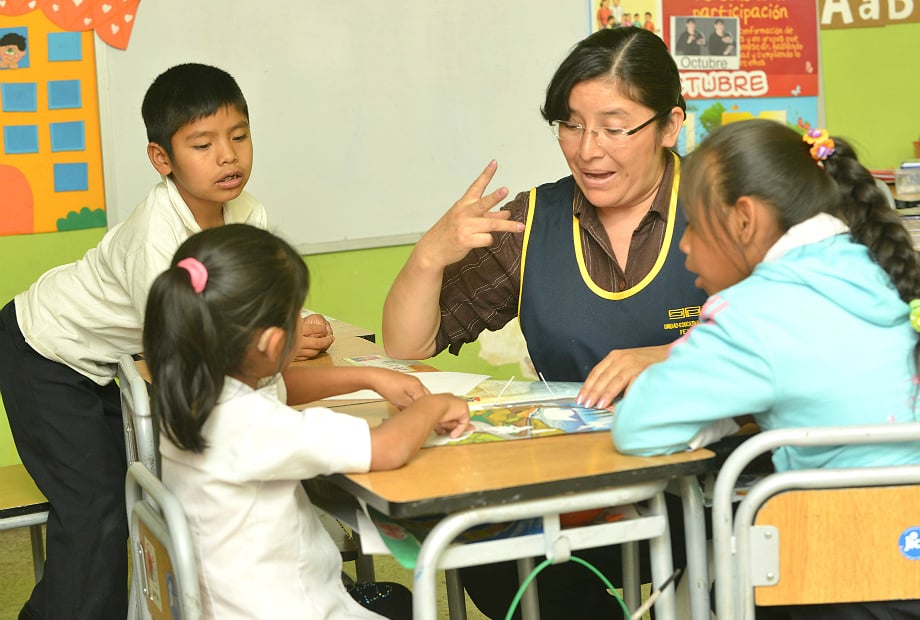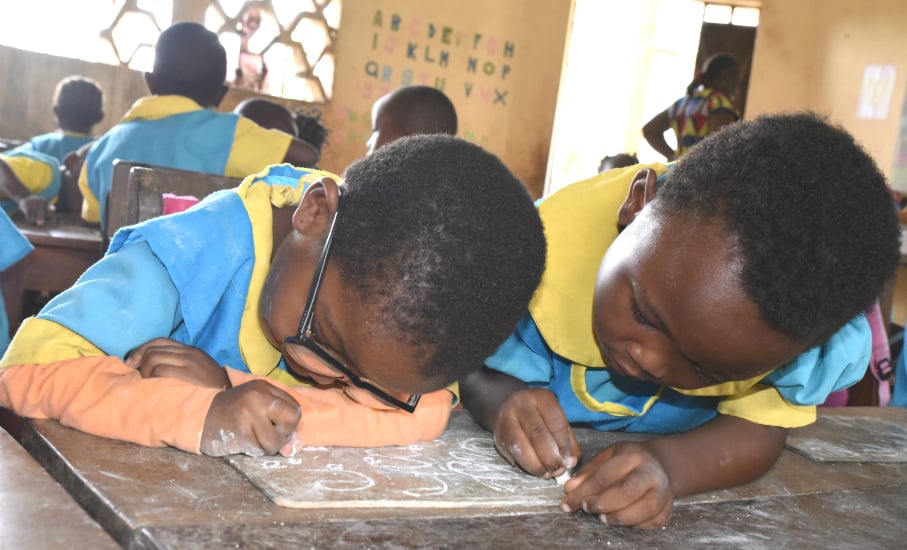Our work
Our work is divided into three areas:
- measuring disability and impairments
- health, wellbeing and disability
- access to health and rehabilitation.
We focus on research, teaching and communication.
We aim to translate research outcomes into practice. Our close links with international non-governmental organizations (NGOs) and agencies help us achieve this goal. The majority of our research is undertaken in low- and middle-income countries.
Our objectives
- Conduct high quality research on disability, in particular, through the conduct of impact evaluations and randomized controlled trials.
- Contribute learning about disability to the teaching programme at LSHTM Influence global policy and practice on disability.
- Build awareness and knowledge about disability at LSHTM.
- Raise the international profile of LSHTM as an institution with expertise in disability, and build international research and training partnerships.
Our vision
A world-leading centre for disability, working with partners to address the critical issues for health and well-being for persons with disabilities in the 21st century.
Our values
Inclusive, Partnership, Rights based, Excellence.
Strategy and partners
Our work is closely aligned with the LSHTM strategy, as LSHTM aims to undertake research to address public and global health needs.
We work closely to develop and undertake disability and global health research with multiple other groups and centres at LSHTM. These include the centres for Maternal, Adolescent, Reproductive, and Child Health (MARCH), Evaluation, Chronic Conditions, Gender Violence and Health, and International Eye Health.
We are strongly engaged in the disability-inclusive post 2015 agenda, and work strategically with multiple international partners. These include the Foreign Commonwealth and Development Office (FCDO), the Australian Department of Foreign Affairs and Trade, CBM, the International Committee of the Red Cross, Handicap International, Nossal Institute for Global Health, Plan International, the United Nations Fund for Children and the World Health Organisation.
We are committed to working with people with disabilities at every stage in our activities. As an example, we have a work experience scheme for students with disability. One student said:
“It has been a truly amazing experience, more than I ever imagined it could be. I have been able to make a real contribution, whilst learning many new skills.”
Partner groups in LSHTM
- International Centre for Eye Health
- The Centre for Global Mental Health
- Cochrane Eyes and Vision Group
- Maternal, Reproductive and Child Health (MARCH)
- Evaluation Centre
- Centre for Chronic Conditions
- Gender Based Violence
We work with many partner universities in the UK and overseas. Examples include Fiocruz (Brazil).
Partner NGOs
- CBM
- Global Partnership for Children with Disabilities
- Humanity and Inclusion
- HelpAge International
- International Disability and Development Consortium
- Sense
- MAITS
- Sightsavers International
- Motivation
- Plan International
- Leonard Cheshire
We have been grateful to receive funding from a number of research agencies, including the Foreign Commonwealth and Development Office (FCDO), DFAT, Wellcome, MRC, 3ie, and the Newton Fund.




